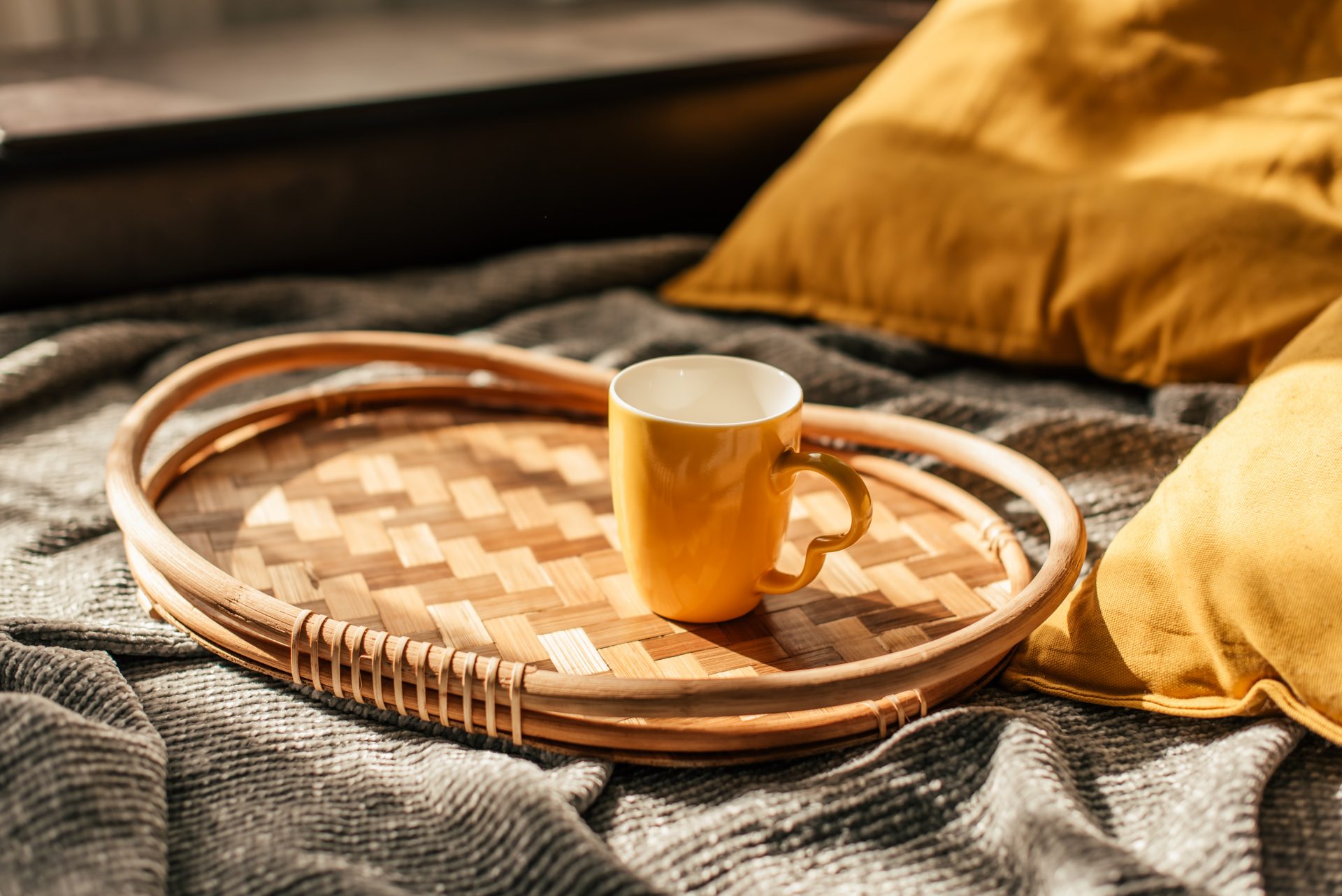Eyes rolling in the back of your head with tiredness? Make yourself an espresso and go to bed – in that order.
If you’re feeling tired or lethargic and you’re lucky enough to be working from home, you’ve got two solutions: drink more coffee or have a snooze. And if you choose the latter, chances are that you’ll probably return to your desk with a steaming cup of joe just to get the cogs powered back up.
But some experts believe that our best bet for boosting energy may be doing those things in reverse. A ‘caffeine nap’ involves chugging a cup of coffee before having a 20-minute sleep. After that, you’re supposed to wake up feeling refreshed and raring to go.
You may also like
“Could napping really make me a better runner?” – a sleep expert answers your questions
It might sound counterproductive to hit the sack straight after consuming caffeine, but it actually makes a lot of sense. According to the American Association of Sleep Medicine, it takes around 30 minutes for the effects of caffeine to kick in fully – so a short nap should see you waking up just as your body starts to react to the coffee. That might seem odd if you tend to feel more energised within minutes of having a coffee, but that immediate buzz might be psychological (in a similar way that feeling ‘addicted’ to coffee isn’t actually a physical addiction).
Caffeine naps have already been the subject of lab tests, like this 2020 study, published in the journal Chronobiology International, which found that night-shift workers who consumed caffeinated coffee immediately before taking a 30-minute nap had better attention levels than those workers who drank a placebo decaf coffee.

The whole point of the ‘caffeine nap’ is that by consuming coffee right before a kip, you get the benefits of the nap and the benefits of the caffeine when you wake up. Both offer huge benefits, both mentally and physically. Coffee, which has been found to improve gut and heart health, boosts attention by halting the production of adenosine – a neurotransmitter that promotes sleepiness. In fact, one study which looked at the best strategies for staying alert while driving found that coffee was the most powerful intervention, compared to napping and decaf. But napping also has plenty of proven benefits, including improved working memory, mental agility and reduced risk of cardiovascular issues.
“Since sleep plays an important role in storing memories, a nap can help you remember things learned earlier in the day as much as a full night’s sleep. Napping works to keep you from forgetting things like motor skills, sense perception, and verbal recall, too,” explains psychiatrist Dr Meeta Singh.
When’s the best time to have a caffeine nap?
Dr Kat Lederle, sleep scientist and head of sleep health at Somnia, tells Stylist that you’re best off napping before 3pm, so it doesn’t impact your sleep later on. Throw a cup of coffee in the mix, and you definitely want to be careful with how you time this break. If caffeine can stay in your system for six or more hours, you probably want to aim to have your cup around 2pm – just after lunch – to stay powered through the afternoon without feeling too wired around bedtime.
If you are knackered every afternoon, however, it might be worth assessing how much good quality sleep you’re getting every evening. You can’t rely on coffee and naps if your overall sleep routine isn’t working.
Images: Getty
Source: Read Full Article
